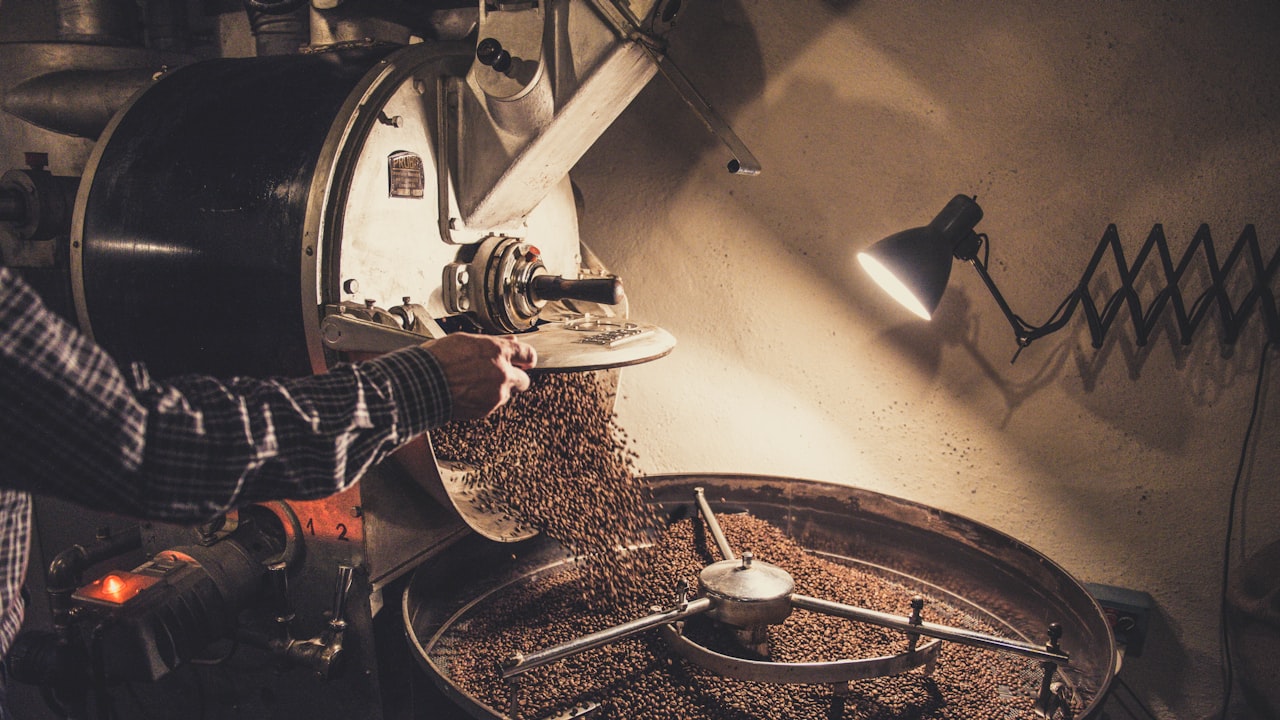Title: The Role of Pharmaceutical Machinery in Drug Manufacturing
Pharmaceutical machinery plays a crucial role in the drug manufacturing process, facilitating the production of various medications efficiently and accurately. Among the essential equipment used in pharmaceutical manufacturing are table press machines, capsule filling machines, TDP (Tablet Press) machines, and THDP (High-Speed Tablet Press) machines. Each of these machines serves a specific purpose in the drug manufacturing process, contributing to the overall quality and efficiency of pharmaceutical production.
Table press machines are commonly used in pharmaceutical manufacturing to compress powdered or granulated materials into tablets of uniform size and shape. These machines operate by exerting pressure on the powder within a die cavity, forming it into a tablet through the use of punches and dies. Table press machines are essential for ensuring the consistent dosage and dissolution rates of tablets, which are crucial factors in drug efficacy.
Capsule filling machines are another vital component of pharmaceutical machinery. These machines are utilized to fill empty gelatin or vegetable-based capsules with powdered, granular, or liquid medication. Capsule filling machines come in various configurations, including manual, semiautomatic, and fully automatic models, allowing pharmaceutical manufacturers to choose the most suitable option based on their production requirements.
TDP machines, short for Tablet Press Machines, are designed to compress powdered materials into tablets. These machines offer high precision and efficiency in tablet production, ensuring accurate dosing and consistent tablet quality. TDP machines are widely used in pharmaceutical manufacturing due to their reliability and ability to produce a large volume of tablets quickly.
THDP, or High-Speed Tablet Press, machines are advanced tablet press machines capable of high-speed production with enhanced precision and automation features. These machines are ideal for large-scale pharmaceutical manufacturing operations where high production output is required. THDP machines offer increased efficiency and productivity, reducing manufacturing time and costs while maintaining stringent quality standards.
In conclusion, pharmaceutical machinery, including table press machines, capsule filling machines, TDP machines, and THDP machines, plays a vital role in drug manufacturing. These machines enable pharmaceutical companies to produce medications efficiently, accurately, and in compliance with regulatory standards. By investing in high-quality pharmaceutical machinery, manufacturers can streamline their production processes, ensure product quality, and meet the growing demands of the healthcare industry.

 Title: The Role of Pharmaceutical Machinery in Drug Manufacturing
Title: The Role of Pharmaceutical Machinery in Drug Manufacturing



